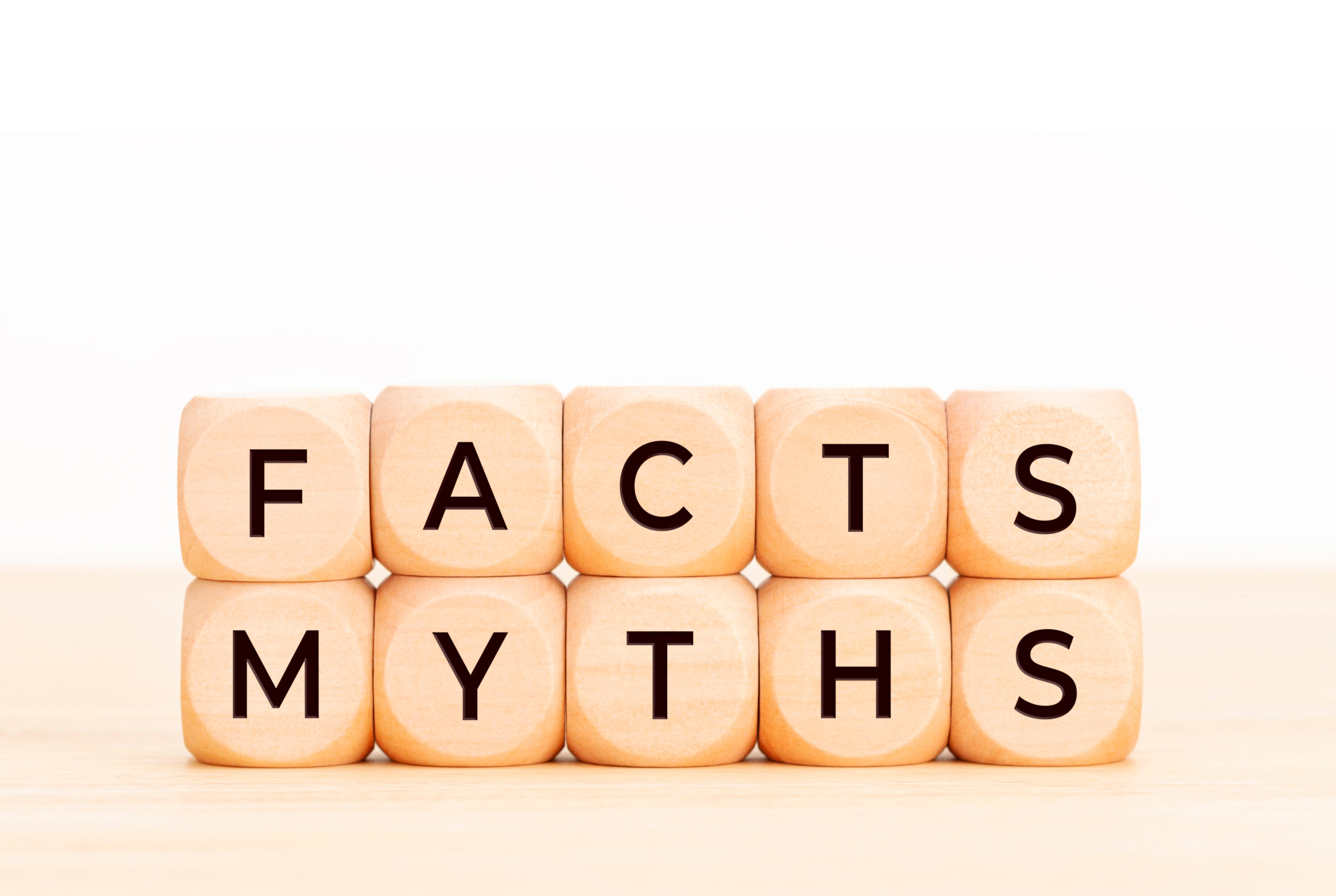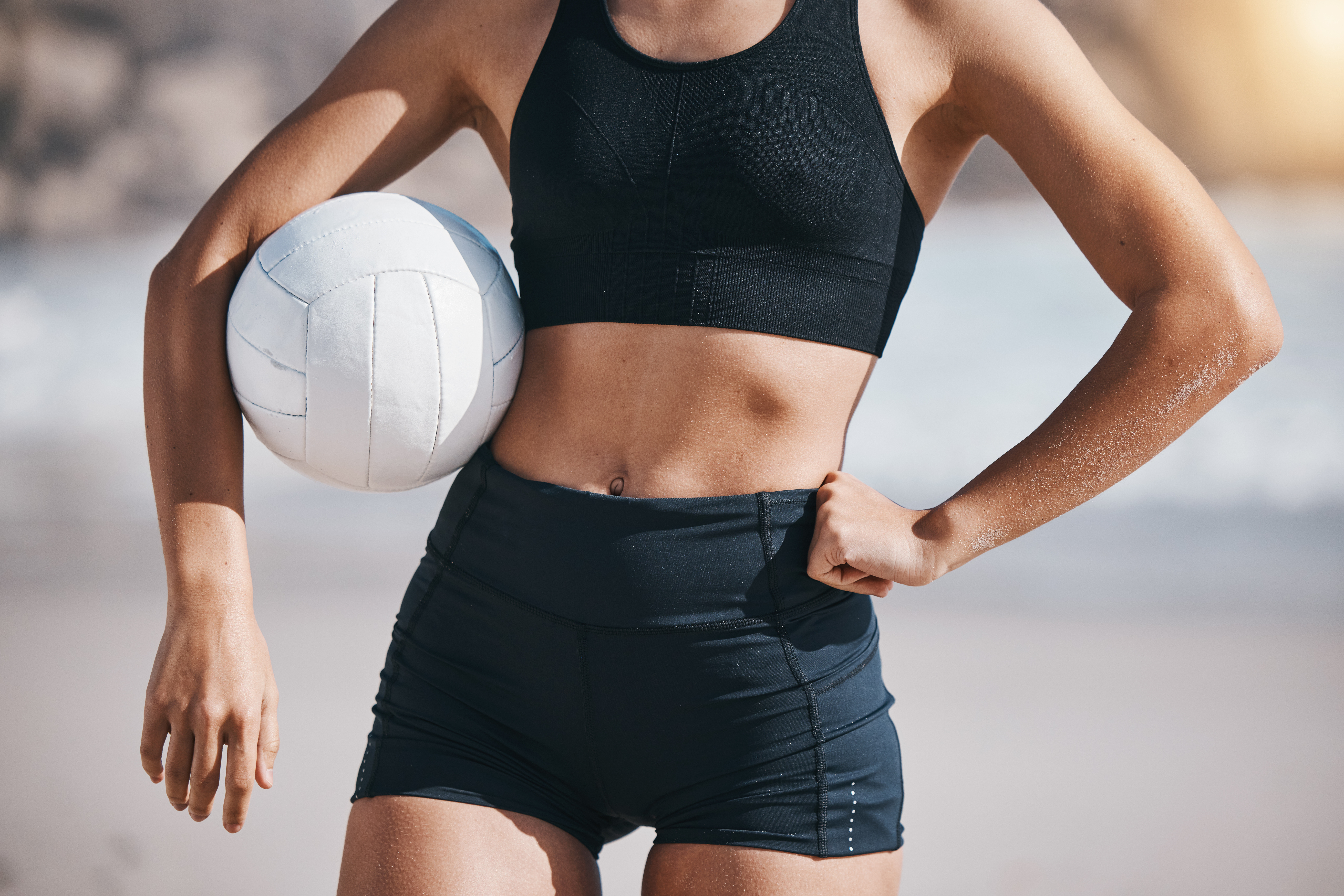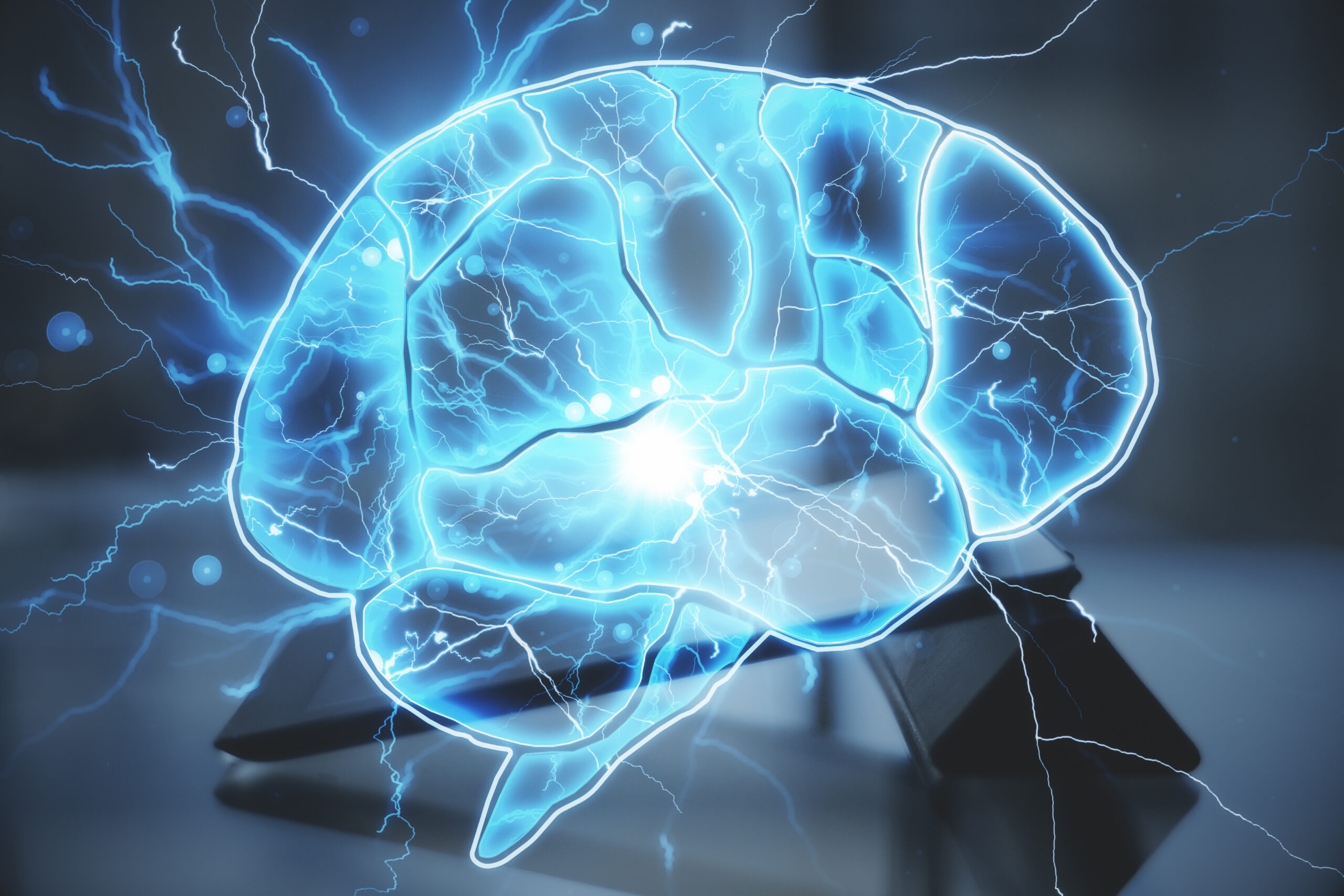creatine myths
Creatine myths are questions regarding the effectiveness and safety of creatine that still remain after the over 500 peer-referenced publications involving creatine supplementation.
In this article we’re going to review the most important creatine myths.
Does creatine increase fat mass?
The theory that creatine supplementation increases fat mass is a concern amongst exercising individuals.
However, creatine supplementation has shown no effect on fat mass in young and older adults in any of the studies that have evaluated different sports looking for a relationship among both variables.
On the contrary, during resistance studies there was an increase over time for lean tissue and strength with a decrease in fat mass.
Thus, the combination of creatine supplementation and resistance training may decrease fat mass more than resistance training alone.
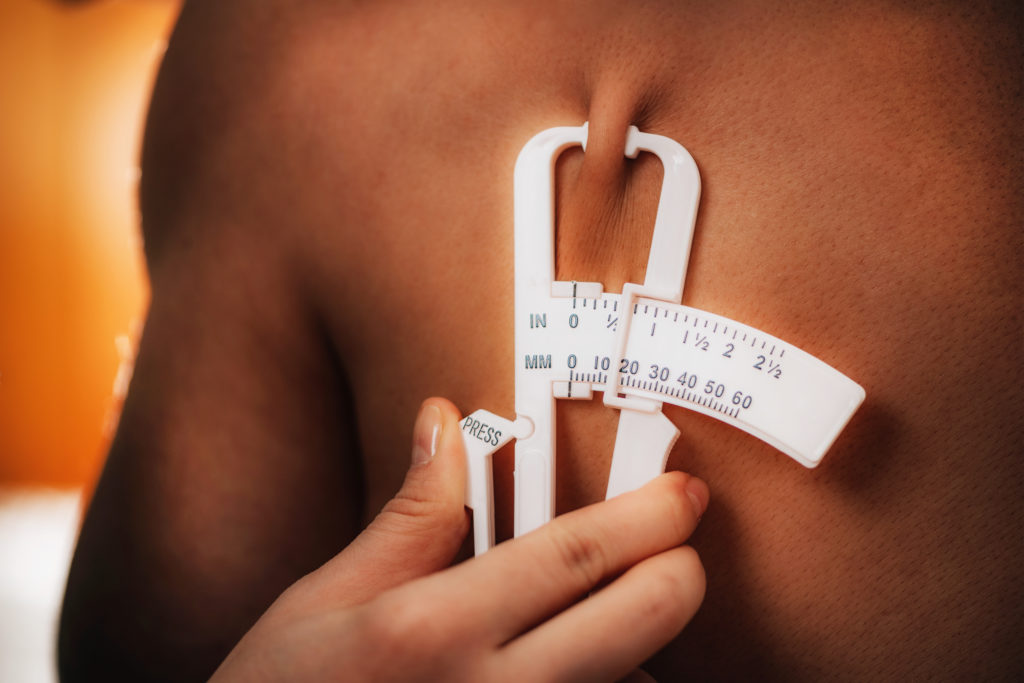
Does creatine lead to water retention?
Creatine is an osmotically active substance. That’s why an increase in the body’s creatine content could theoretically result in increased water retention in the early stages (first several days).
However, several studies have shown no increases in total body water (intra or extracellular) after supplementation with creatine relative to muscle mass over longer periods of time.
As a result, current research shows creatine supplementation may not lead to water retention.
ARE dehydration and muscle cramping creatine myths?
Affirmations about creatine causing dehydration and muscle cramping are indeed creatine myths. Speculation exists that creatine supplementation causes dehydration and muscle cramping but experimental and clinical research do not validate this notion. It’s a creatine myth.
In fact, it may protect against these conditions. A study monitored injured football players where environmental conditions were hot and discovered that creatine users had:
1 – Significantly less cramping.
2 – Less heat illnesses and dehydration.
3 – Less muscle tightness.
4 – Muscle strains.
5 – Less total injuries.
(Compared to non-users, because creatine promoted a state of hyperhydration).

Is a creatine ‘loading-phase’ required?
A common misconception regarding creatine supplementation is that individuals must ‘load’ with creatine to increase intramuscular creatine stores. Only this way would they experience the benefits of creatine supplementation.
Creatine ‘loading’ is defined as supplementing with oral creatine for 5–7 days with a dosage of 20–25 g/day.
However, not all creatines need a loading phase. Creatines that include phosphocreatine in their composition work saturating muscle phosphocreatine storage, source of energy for intense exercises that involve a short burst of intense movement -such as sprinting or weight lifting.
One of these creatines is Clonapure®, the ideal nutritional supplement for athletes because it increases your energy sources that are immediately available and help bridge the time until the biodegradation of glycogen and fat releases further energy into the body.
Unlike others, Clonapure® starts working after the very first dose. Find it here.
You can also learn more about the creatine dosage here.
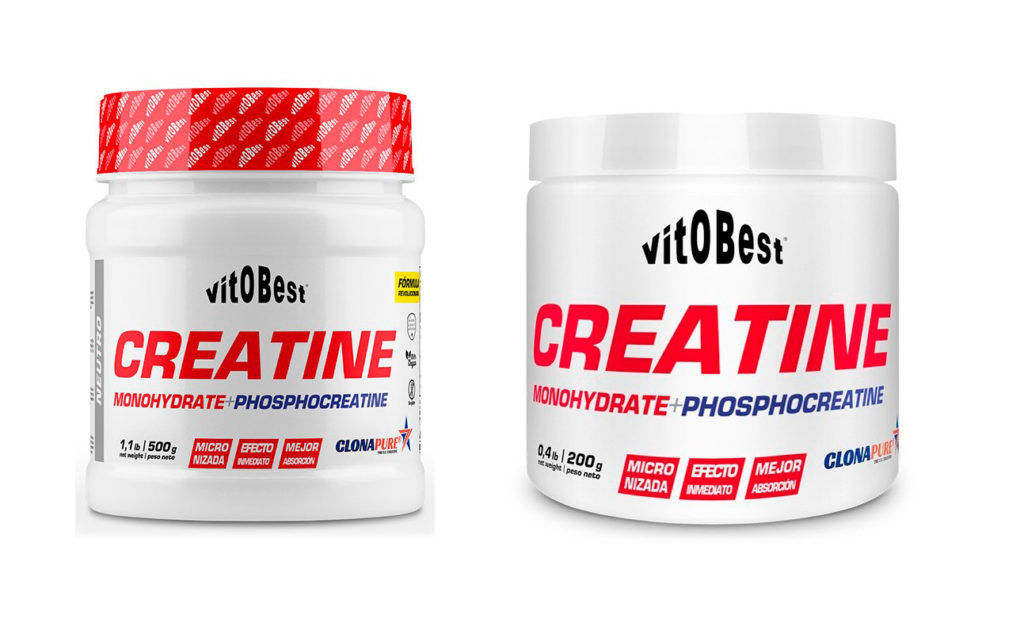
Can Creatine Cause Acne or is it a myth?
This is a myth, and the confusion between creatine (an amino acid made naturally by your body and found in food) and steroides (synthetic drugs that are chemically similar to testosterone) may be one reason why people think creatine can cause acne.
However, there is no proven connection between both. Steroids can cause acne, but not creatine.
In fact, creatine may actually have benefits for your skin, especially to help fight against the effect of aging.
There’s some evidence that creatine can reduce sagging skin, wrinkles, and sun damage.
Does creatine cause renal dysfunction?
After 20 years of research about creatine supplementation, this can be consider a creatine myth.
There is no evidence to indicate that creatine harms your liver nor your kidneys and no real mechanisms known by which normal doses of creatine might do it.
In skeletal muscle, both creatine and phosphocreatine are degraded non-enzymatically to creatinine, which is exported to the blood and excreted in the urine.
Transient increases in blood or urinary creatinine due to creatine supplementation are unlikely to reflect a decrease in kidney function.
If the link between creatine supplementation and kidney health was valid, there would be an expected increase in renal dysfunction in low risk (i.e. young, physically fit, healthy) individuals since 1992 after Harris et al. published their seminal work. After nearly 30 years of post-marketing surveillance, thousands of exposures, and multiple clinical trials, this evidence doesn’t exist.
So overall we can conclude that, in healthy individuals, there appears to be no adverse effects from consuming recommended doses of creatine supplements on kidney/renal.
Learn more about creatine safety here.
Does creatine have any negative effects on your mood?
No, it doesn’t. In fact, it is the opposite.
Studies have shown that creatine can reduce depressive symptoms in cases of treatment-resistant depression.
This suggests that it may be beneficial to classify creatine among antidepressant augmentation strategies.
Administration of creatine has also shown to improve symptoms of PTSD.

hair loss / baldness are creatine myths?
Creatine does not produce hair loss nor baldness.
The majority of speculation regarding the relationship between creatine supplementation and hair loss/baldness stems from a single study and the results of it have not been replicated.
To date, twelve other studies have investigated the effects of creatine supplementation on testosterone and the current body of evidence does not indicate that creatine supplementation increases testosterone or causes hair loss/baldness.


